
Stewards of the 14th General Assembly of the CCA in Jakarta, Indonesia — May 2015.
The Christian Conference of Asia (CCA) invites applications from young Christians belonging to CCA member churches and ecumenical councils in Asia to serve as stewards for the Asia Mission Conference (AMC) to be held in Yangon, Myanmar from 11 to 17 October 2017.
The stewards program will last for 10 days, including three days of ecumenical formation training and pre-AMC orientation; with arrival on 8 October and departure on 17 October 2017.
An opportunity to serve as a steward in a major Asian ecumenical event with historical significance is a unique experience. It will help to develop a sense of togetherness, working in a multicultural context, interacting with a wide range of participants of the AMC – church and ecumenical leaders from around the world, theologians, missiologists, social activists and interfaith scholars.
The deadline for receiving applications is 10 July 2017. Applicants must be between the ages of 18 and 30 years old.
The AMC will be a major ecumenical event with the participation of 400 representatives of churches, ecumenical councils and related organisations in Asia, Europe, North America and other continents. The theme of the AMC is ‘Journeying Together: Prophetic Witness to the Truth and Light, in Asia’. The Diamond Jubilee celebrations of the CCA also will be held during the AMC, on Sunday 15 October 2017.
Fifty stewards, 20 international and 30 local stewards will be selected to work together with the CCA staff and the local host committees to assume various responsibilities during the AMC, and in participating in the two historic events of the CCA – the AMC and CCA’s Diamond Jubilee celebrations.
The Diamond Jubilee of the CCA will be commemorated on Sunday, 15 October 2017 in a grand event in the presence of a gathering of 5000 selected invitees, including the 400 participants of the AMC and international guests.
To download the application form for the Stewards Programme, please visit the CCA website. Kindly send the form to CCA.
(Source: CCA News | http://cca.org.hk/home/news-and-events/cca-invites-applications-to-serve-as-stewards-at-the-asia-mission-conference-in-myanmar)
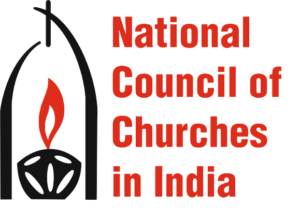
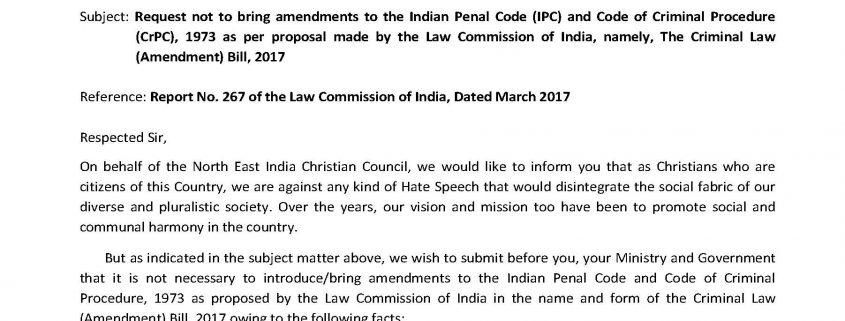
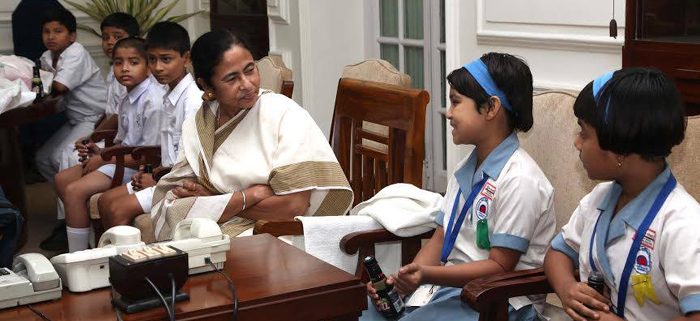



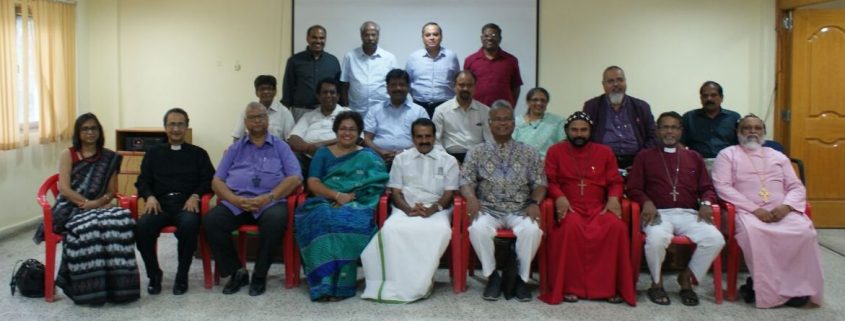



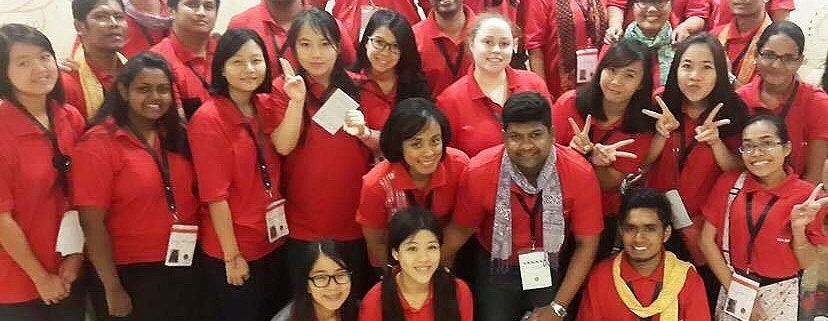

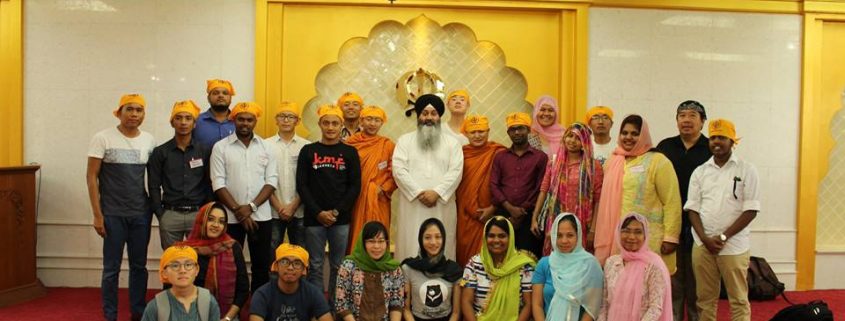



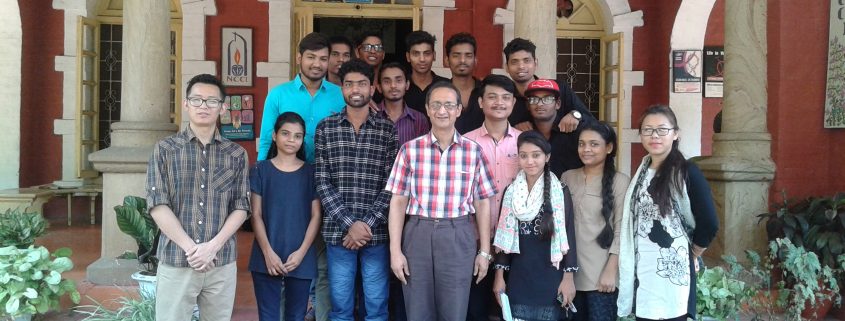
 The daily phenomenon of changes in the world is a challenge for students to cope with as they engage in the process of their education along within the changing scenario. In most educational institutions, the method is teacher centred, based upon the given curriculum and the demarcated syllabi of courses to be covered within the stipulated time in the four walled classroom. There is hardly any space for student interaction and discussion of the subject and their expediences in society. There is a need for students to have fellowship in learning together with practical exposure, so that they can share, exchange, experience and learn with each other, thereby enabling themselves to find out their potential and capabilities mental and physical and relate the same to the contextual challenges in society. Keeping these poignant thoughts in mind, a three-days Regional programme was initiated by Student Christian Movement in India (SCMI) in collaboration with National Council of Churches in India (NCCI)–Youth Concerns from 22nd – 24th May 2017 in the NCCI Campus, with the aim of building relationships of learning together, thereby being moulded and committed to engage in different areas and fields so that they become channels of hope for society.
The daily phenomenon of changes in the world is a challenge for students to cope with as they engage in the process of their education along within the changing scenario. In most educational institutions, the method is teacher centred, based upon the given curriculum and the demarcated syllabi of courses to be covered within the stipulated time in the four walled classroom. There is hardly any space for student interaction and discussion of the subject and their expediences in society. There is a need for students to have fellowship in learning together with practical exposure, so that they can share, exchange, experience and learn with each other, thereby enabling themselves to find out their potential and capabilities mental and physical and relate the same to the contextual challenges in society. Keeping these poignant thoughts in mind, a three-days Regional programme was initiated by Student Christian Movement in India (SCMI) in collaboration with National Council of Churches in India (NCCI)–Youth Concerns from 22nd – 24th May 2017 in the NCCI Campus, with the aim of building relationships of learning together, thereby being moulded and committed to engage in different areas and fields so that they become channels of hope for society. 
 In addition to the above three sessions, there were sessions for interaction and debate. The concluding session was initiated by Mr. Jianthaolung Gonmei, Executive Secretary of Youth Concerns, NCCI, Ms. Wapangyingla Ao, Intern, NCCI, and Mr. Vinod Shemron, Intern, NCCI. The participants also got an opportunity to practically get involved in cleaning the environment during early morning sessions in the NCCI campus.
In addition to the above three sessions, there were sessions for interaction and debate. The concluding session was initiated by Mr. Jianthaolung Gonmei, Executive Secretary of Youth Concerns, NCCI, Ms. Wapangyingla Ao, Intern, NCCI, and Mr. Vinod Shemron, Intern, NCCI. The participants also got an opportunity to practically get involved in cleaning the environment during early morning sessions in the NCCI campus.